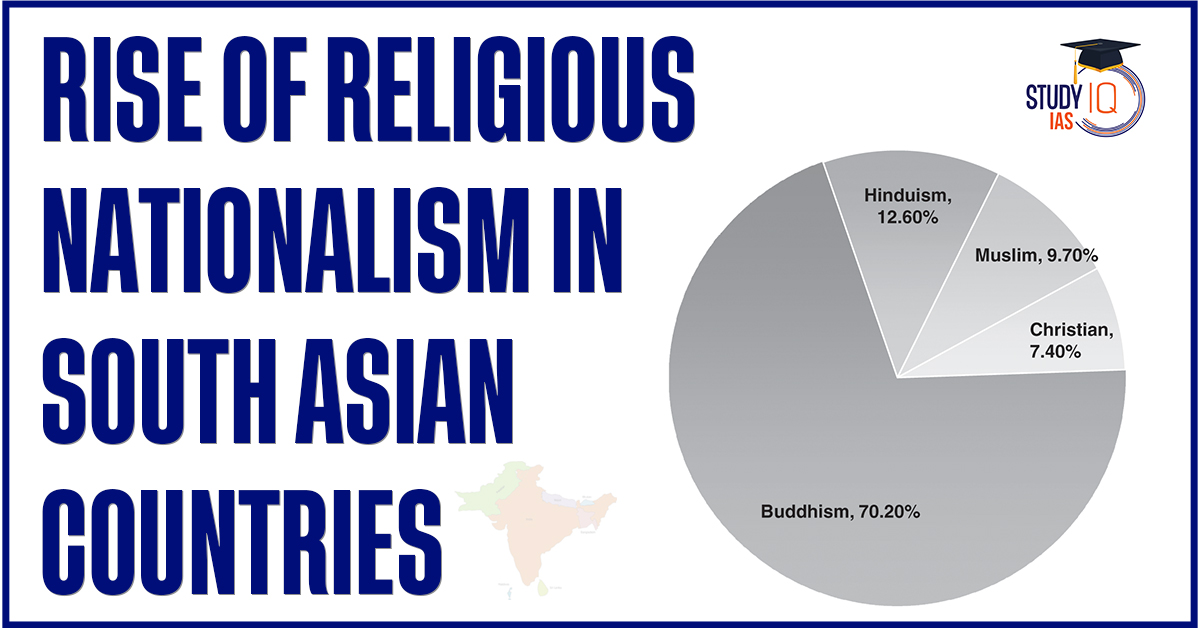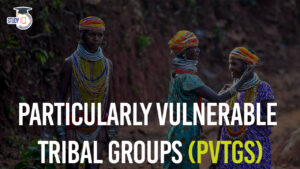Table of Contents
There has been a rise of religious nationalism in the South Asian countries resulting in the destruction of both democracy and decency in their societies. There is a growing sentiment to revisit the settlement of 1947, not to promote freedom and human rights but rather to exacerbate targeted conflicts, reinforcing the logic of partition.
Bangladesh’s Political Landscape
- Sheikh Hasina’s Regime: Sheikh Hasina has lost popular legitimacy, raising concerns about the nature of her successor regime.
- There is uncertainty about whether it will promote inclusive democracy or perpetuate cycles of political recrimination.
- Rise of Islamism: There is an observable increase in the visibility and influence of Islamist groups in Bangladesh, posing threats to minorities, particularly Hindus.
- The ruling elite often dismiss concerns about minority safety as exaggerated or politically motivated.
- Recent Violence: Following Hasina’s ousting in August 2024, there were over 200 attacks on Hindus and other minorities across 52 districts within a week.
- This highlights the vulnerability of these communities during political upheaval.
India’s Current Situation
- Majoritarianism and Authoritarianism: Currently, India has seen a shift towards majoritarian policies that marginalize minorities.
- This includes rising incidents of lynching, hate speech, and state-sanctioned violence against Muslims.
- Ayodhya Temple Inauguration: The inauguration of the Ram Temple at Ayodhya in January 2024 was a significant event that reignited communal tensions.
- This act was perceived as a culmination of Hindu nationalist aspirations rather than a reconciliation of communal identities.
- Deteriorating Religious Freedom: Reports indicate that religious freedom conditions have worsened significantly in 2024, with increasing attacks on religious minorities and the enforcement of discriminatory laws targeting non-Hindu communities.
Pakistan’s Struggles with Religious Identity
- State-Sponsored Religious Nationalism: Pakistan exemplifies the dangers of intertwining state identity with religion.
- All minorities face risks, including Ahmadiyyas and Shias who are often targets of violence driven by sectarian divides.
- Ongoing Crisis: The ideological foundation of Pakistan is under strain due to a disconnect between popular sentiment and military legitimacy.
- This has resulted in a perpetual crisis where minorities are continually at risk as the state seeks to reinforce its religious character.
- Recent Violence: Incidents such as the massacre in Kurram reflect deep-seated sectarian tensions and highlight the ongoing vulnerability of minority communities amidst state-sponsored religious nationalism.
Conclusion
The intertwined fates of India, Pakistan, and Bangladesh illustrate a troubling trend towards authoritarianism fueled by religious nationalism. Each country faces unique challenges but shares common vulnerabilities that threaten democratic principles and minority rights. The rise of majoritarian ideologies not only exacerbates internal conflicts but also complicates regional relations, suggesting that without significant intervention towards inclusivity and tolerance, South Asia may continue on a path toward increased instability and violence.


 Economic Potential of Healthy Ageing in ...
Economic Potential of Healthy Ageing in ...
 Bonded Labour in India, Government Initi...
Bonded Labour in India, Government Initi...
 Particularly Vulnerable Tribal Groups (P...
Particularly Vulnerable Tribal Groups (P...





















